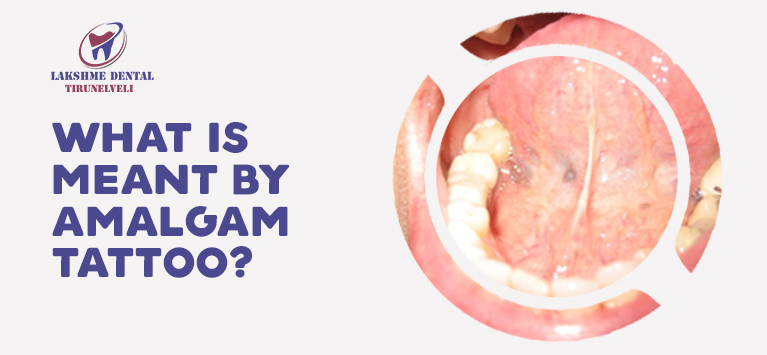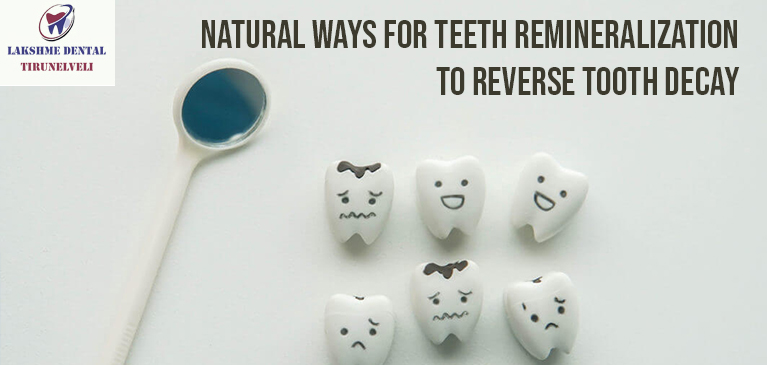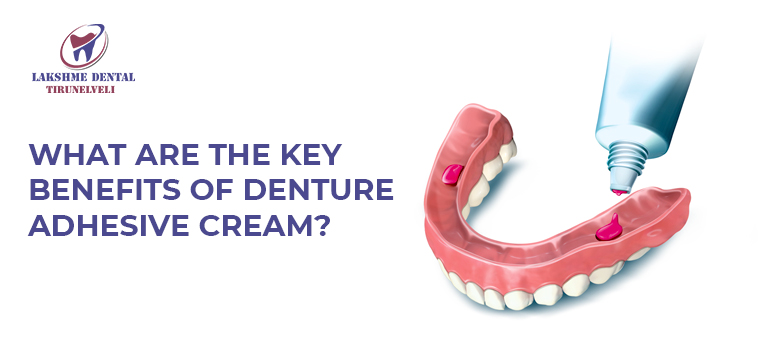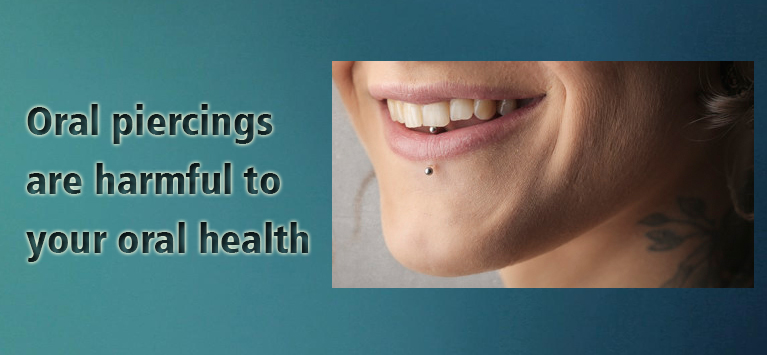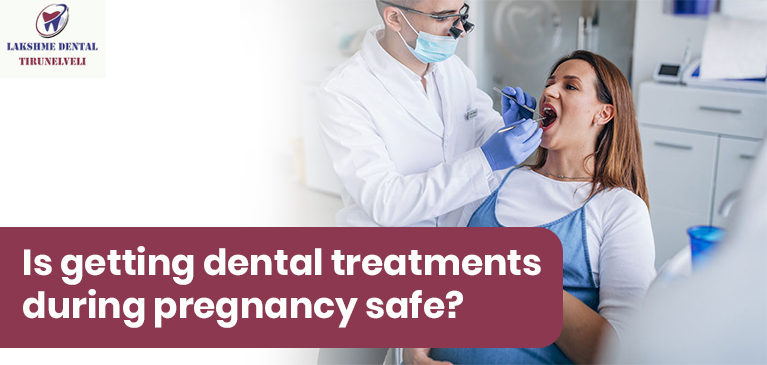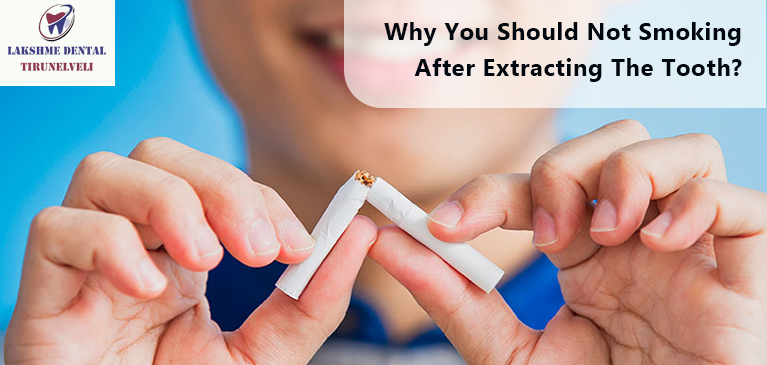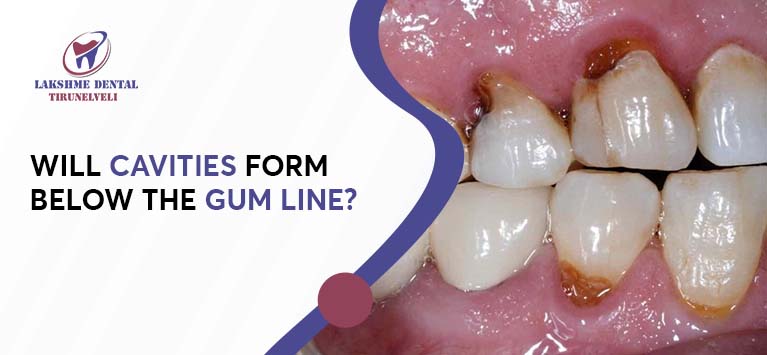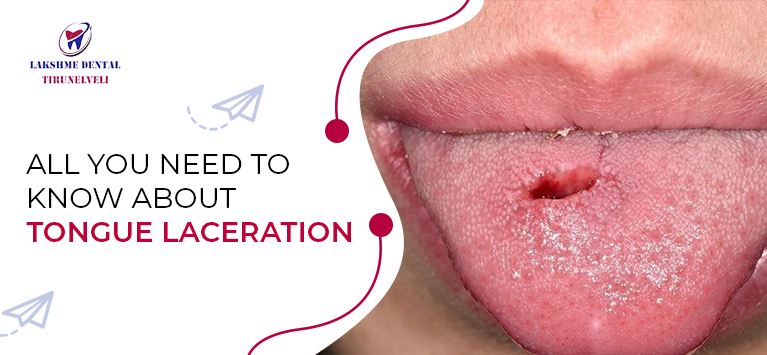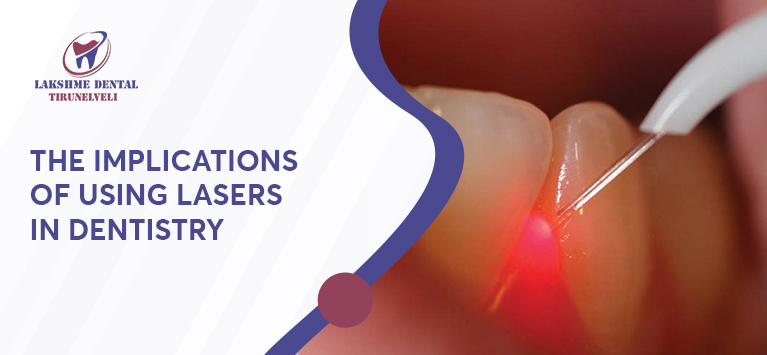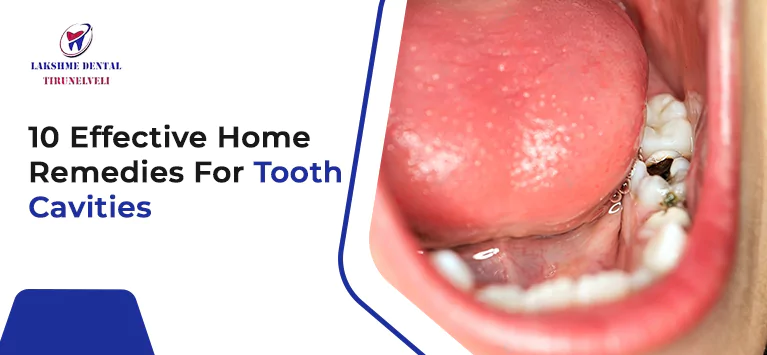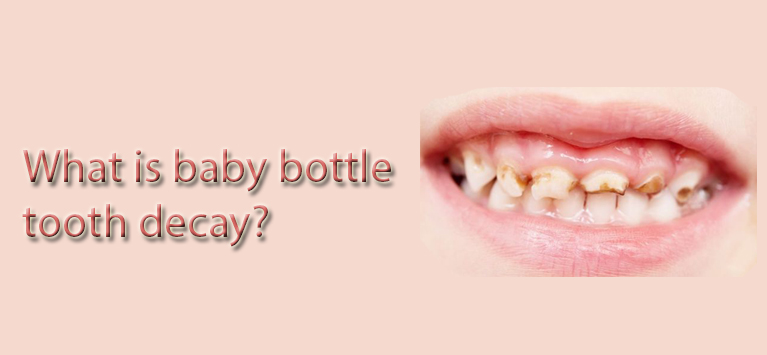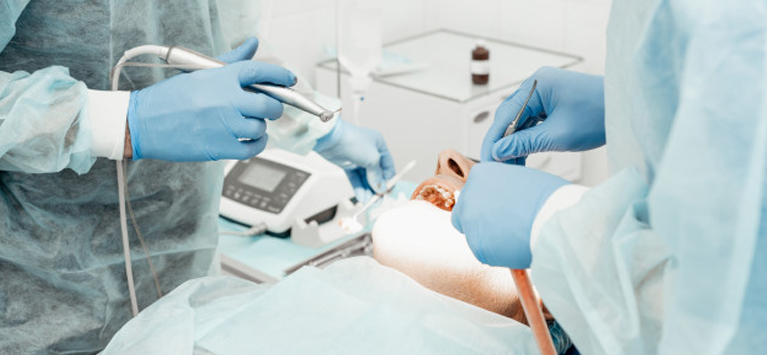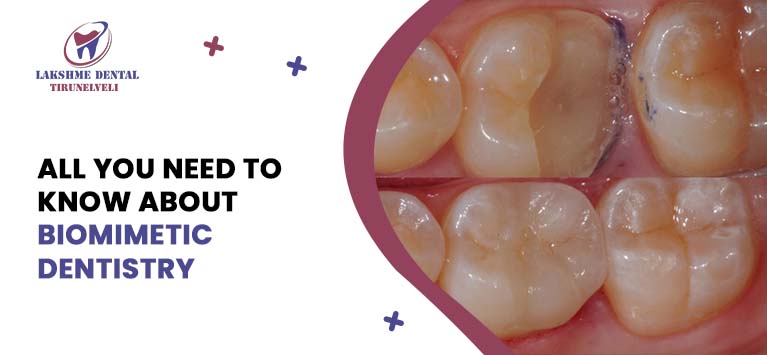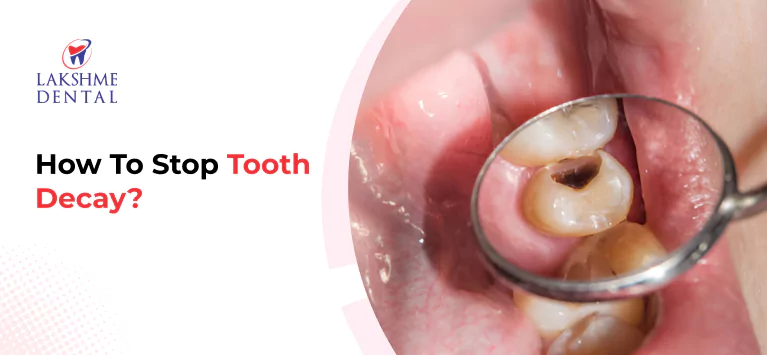
How To Stop Tooth Decay?
Tooth decay is a prevalent dental problem experienced by many people around the globe. If not addressed, it can result in painful cavities, tooth infections, and potentially tooth loss.
What Is Tooth Decay?
Tooth decay, also known as dental caries or cavities, occurs when the hard outer surface of your teeth (the enamel) is damaged by acids produced by bacteria. These bacteria feed on sugars and starches left in your mouth, creating a sticky film known as plaque.
Over time, this plaque erodes your enamel, which can lead to small holes called cavities. If the decay is untreated, it can reach the root of your teeth, causing severe tooth pain, infection, and eventually tooth loss.
What Causes Tooth Decay?
Tooth decay can be due to several causes.
Our mouth naturally contains bacteria which feed on food particles, predominantly sugars and carbohydrates. The byproduct of this bacterial feeding is acid, which can erode tooth enamel eventually leading to tooth decay.
If you don’t brush your teeth regularly or clean between them with floss, plaque builds up, also increasing the risk of tooth decay.
If you are a frequent consumer of sugary snacks and drinks, it contributes to plaque formation and acid production. Foods high in acids, like citrus fruits, can also weaken your enamel.
Fluoride strengthens tooth enamel making it more resistant to acidic damage. Less amount of fluoride can make your teeth more vulnerable to tooth decay.
Saliva plays a crucial role in neutralizing acids and clearing away food debris. A dry mouth reduces this protective mechanism, leading to an increased risk of decay.
Can Tooth Decay Be Reversed?
In the initial stages of tooth decay, the damage can often be reversed. It is known as remineralization. When tooth enamel is exposed to fluoride, calcium, and phosphate, it can strengthen and repair itself. However, once the decay progresses into cavities, the damage cannot be fully reversed, and dental intervention is needed to fill the cavities.
Can you Reverse Tooth Decay Naturally?
If caught early, you can reverse tooth decay naturally by:
- Brushing with fluoride toothpaste
- rinsing with a fluoride mouthwash
- consuming calcium-rich foods
- taking vitamin D
- chewing sugar-free gum
How to Remove Tooth Decay Yourself?
It’s important to note that tooth decay cannot be completely reversed at home once it has formed a cavity. However, there are several ways to slow down or halt its progress:
- Clean your teeth twice daily with fluoride toothpaste and floss every day to eliminate plaque that can lead to cavities.
- Saltwater can help kill harmful bacteria in your mouth and promote healing for early-stage tooth decay. Use salt water to rinse your mouth after meals.
- Oil pulling helps reduce bacteria and plaque, which can aid in preventing tooth decay.
How to Prevent Tooth Decay Naturally?
Prevention should be prioritized in tooth decay. Here are some natural ways to protect your teeth from decay.
Maintain oral hygiene
- Limit sugar intake
- Eat a balanced diet
- Visit your dentist regularly
To Conclude
Tooth decay can be prevented and recovered, especially if caught early. While you can reverse the earliest stages of tooth decay with good oral hygiene, a healthy diet, and natural remedies like saltwater rinses, more advanced decay requires professional treatment.
Proper dental care routine, reducing sugar intake, and visiting your dentist for regular checkups can keep your teeth healthy and prevent further tooth decay.

